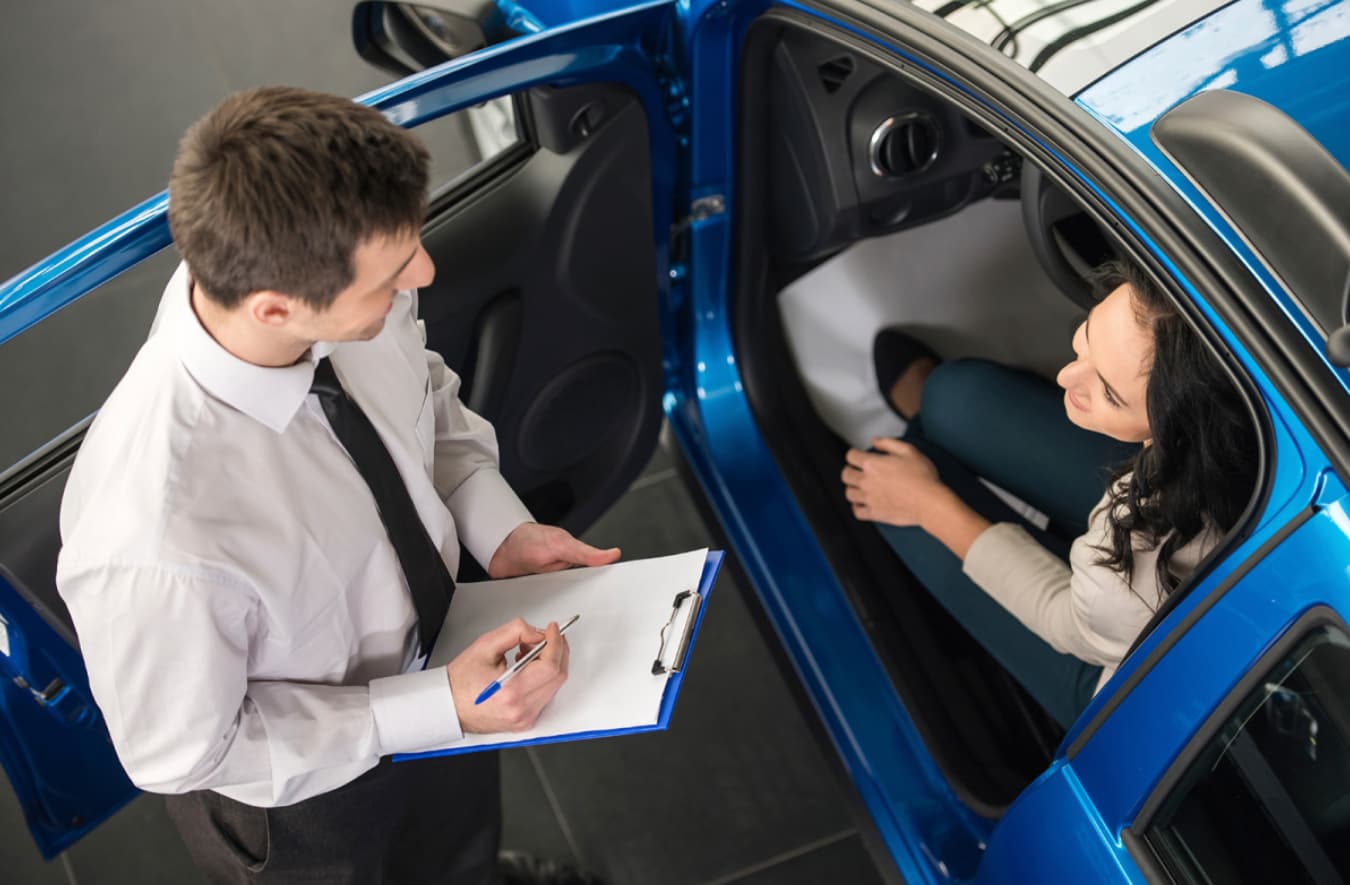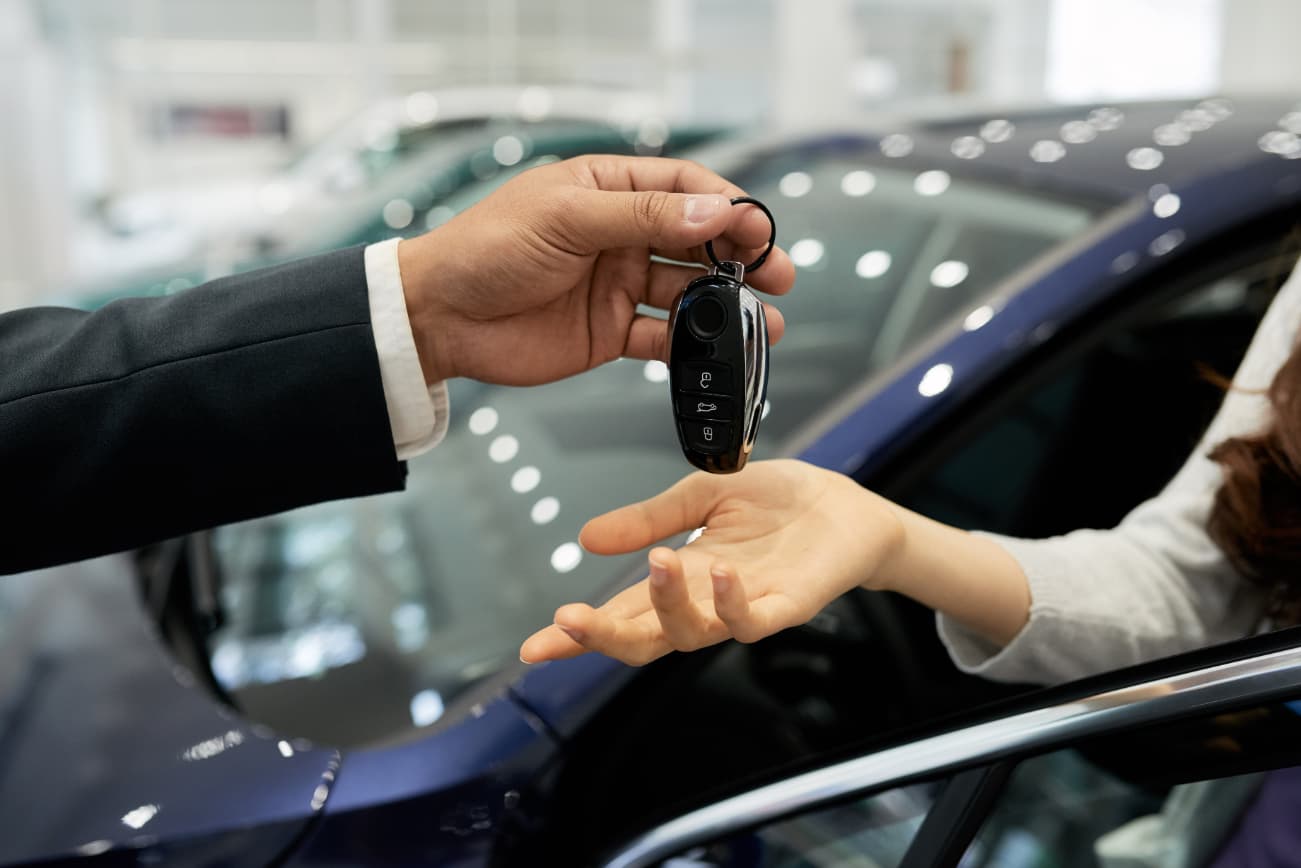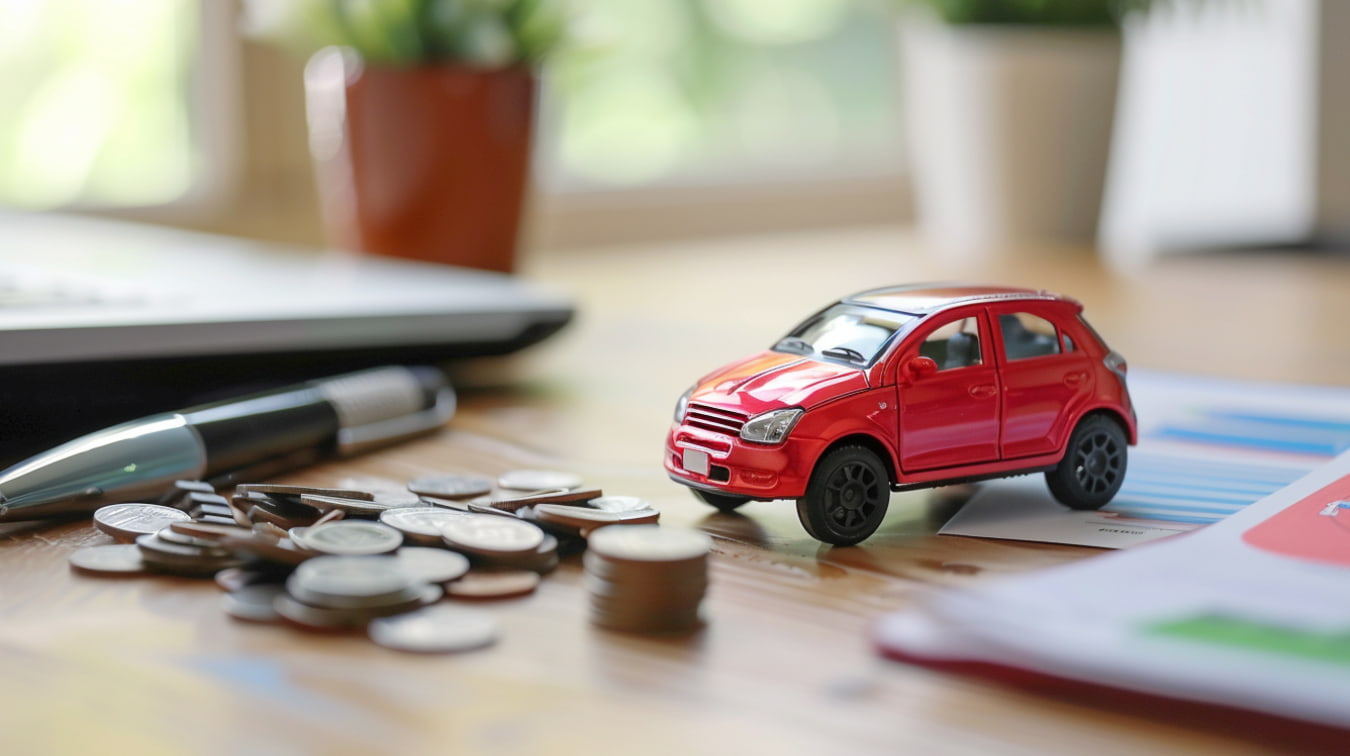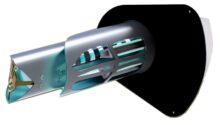When it’s time to get a new set of wheels, you’ve got two main options: buy or lease. Leasing a car has gained popularity as a flexible and often more affordable alternative to buying. But is it the right choice for you?
Here’s the thing: leasing comes with its own set of perks and pitfalls. Sure, you’ll enjoy lower monthly payments and the thrill of driving a new car every few years, but there are also mileage restrictions, extra fees, and no ownership at the end. Does that sound confusing? Don’t worry—we’re here to break it down.
By the end of this article, you’ll know exactly what leasing a car involves, the pros and cons, and whether it’s the right move for your situation.

What Does Leasing a Car Really Mean?
The Basics of Leasing
Leasing a car is a bit like renting, but longer term. Instead of buying the car outright, you pay a monthly fee to use it for a set period, usually two to four years. Think of it as borrowing the car for a while without the commitment of owning it forever.
When you sign a lease, you’ll agree to certain terms, like:
- How long you’ll keep the car (the lease duration).
- How far you can drive each year (mileage limits, usually 10,000–15,000 miles).
- How much you’ll pay monthly, which depends on the car’s value, interest, and how much it depreciates over time.
At the end of the lease, you’ll return the car in good condition. Depending on the contract, you might also have the option to buy it or start a new lease with a different car.
End-of-Lease Options
When your lease is up, you can:
- Return the car and walk away.
- Lease a shiny new car.
- Buy the car at a set price if you’ve fallen in love with it.
The Advantages of Leasing a Car
Why Leasing Might Be Right for You
Leasing isn’t just for luxury car enthusiasts—it’s for anyone who values flexibility and lower costs. Here’s why leasing could work for you:
- Lower Monthly Payments
Leasing generally costs less per month compared to buying. If you’re working within a tight budget or want to spend your money elsewhere, this can be a big win. - Always Drive Something New
Leasing lets you upgrade to a new car every few years. Want the latest tech, safety features, or just the joy of a fresh ride? Leasing makes it easy. - Minimal Upfront Costs
You don’t need a massive down payment to lease. This makes it an affordable option if you don’t have a ton of cash saved up. - Covered by Warranty
Most leases include a manufacturer’s warranty that covers repairs. That means fewer worries about surprise repair bills. - No Depreciation Worries
Cars lose value the moment you drive them off the lot. With a lease, you’re not stuck dealing with depreciation—you just return the car when you’re done. - Luxury Cars Become Accessible
Leasing makes it possible to drive a high-end car you might not be able to afford if you were buying. - Tax Benefits for Business Use
If you’re leasing for work, you might be able to deduct some or all of the lease payments as a business expense.

The Drawbacks of Leasing a Car
What to Watch Out For
Leasing isn’t perfect. Before you sign, consider these potential downsides:
- No Ownership
When you lease, you’re essentially borrowing the car. Once the lease is up, you hand it back. Unlike buying, you don’t build any equity. - Mileage Limits
Leases come with mileage restrictions. If you go over the agreed limit, you’ll face additional fees, which can add up quickly. - Extra Charges
Be prepared for potential fees:- Excess wear and tear charges.
- Early termination fees if you need to end the lease early.
- No Customization
Want to add a spoiler or change the interior? Forget it. Leased cars must remain as-is. - Ongoing Payments
Buying a car means your payments eventually end. With leasing, you’ll always have a monthly payment as long as you keep leasing. - Higher Insurance Costs
Lease agreements often require higher insurance coverage, which means higher premiums. - End-of-Lease Hassles
At the end of the lease, you’ll need to return the car in good condition. If not, you could face extra charges for repairs or cleaning.
| Pros |
Cons |
|---|---|
| Lower monthly payments | Mileage limits |
| Access to new vehicles | No ownership equity |
| Lower upfront costs | Additional fees |
| Manufacturer’s warranty | Limited customization |
| No risk of depreciation | Ongoing payments |
| Access to luxury models | Higher insurance premiums |
| Business tax deductions | End-of-lease obligations |
When Does Leasing Make Sense?
Is Leasing Right for You?
Leasing might be the way to go if:
- You love driving new cars. If you want to stay updated with the latest models and tech, leasing allows you to switch cars every few years without the hassle of selling.
- You drive fewer miles than average. If you don’t take long road trips or commute far, staying within mileage limits is easier.
- You’re on a budget. Lower upfront costs and monthly payments make leasing appealing for tight budgets.
- You’re a business owner. The tax benefits can make leasing a smart financial move.
When Should You Consider Buying Instead?
Ownership Has Its Perks
Buying might be better if:
- You plan to keep the car long-term. Building equity and eventually owning your car can save you money.
- You drive a lot. High mileage can lead to steep penalties with leases.
- You want full control. Ownership lets you modify your car however you like.
- You’re looking to cut costs over time. Once you’ve paid off the loan, the car is yours—no more monthly payments.

How to Decide Between Leasing and Buying
Key Questions to Ask Yourself
- Do you prioritize driving new models or building ownership equity?
- How many miles do you drive annually?
- Are lower monthly payments more important than long-term savings?
- Are you a business owner who could benefit from tax deductions?
Answering these questions will help you figure out which option fits your lifestyle and financial goals.
Final Thoughts: Leasing or Buying—Which is Right for You?
Leasing a car can be a great option if you value flexibility, lower upfront costs, and the chance to drive newer models. But if long-term savings, ownership, and customization are more important, buying might be the way to go.
Ultimately, it’s all about understanding your needs and priorities. Whether you lease or buy, make sure it’s a choice that works for your budget and lifestyle. Happy driving!





